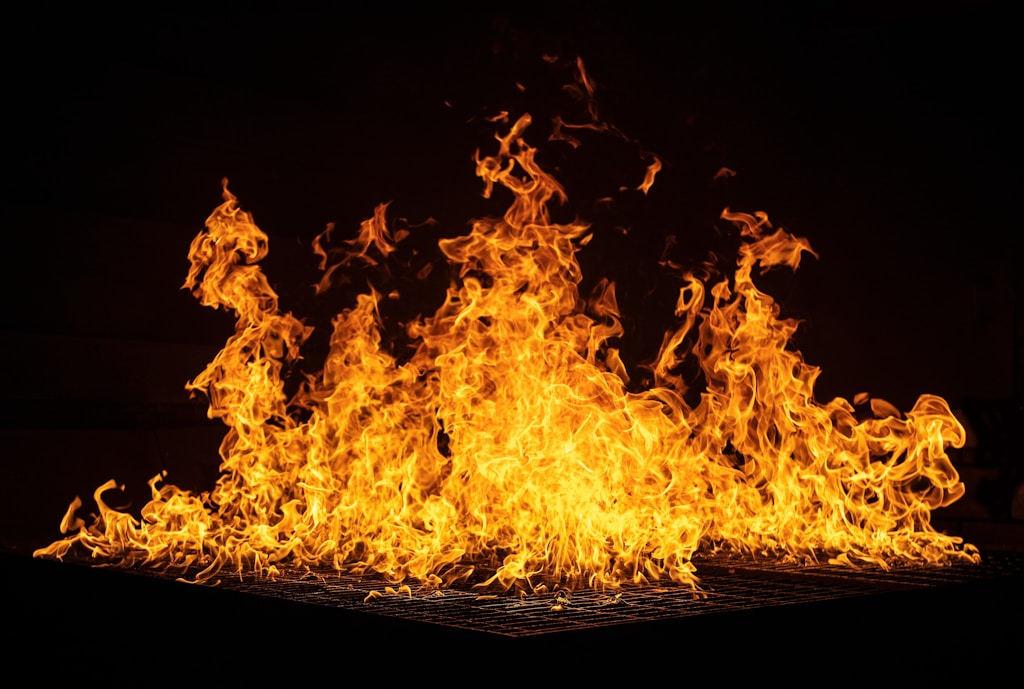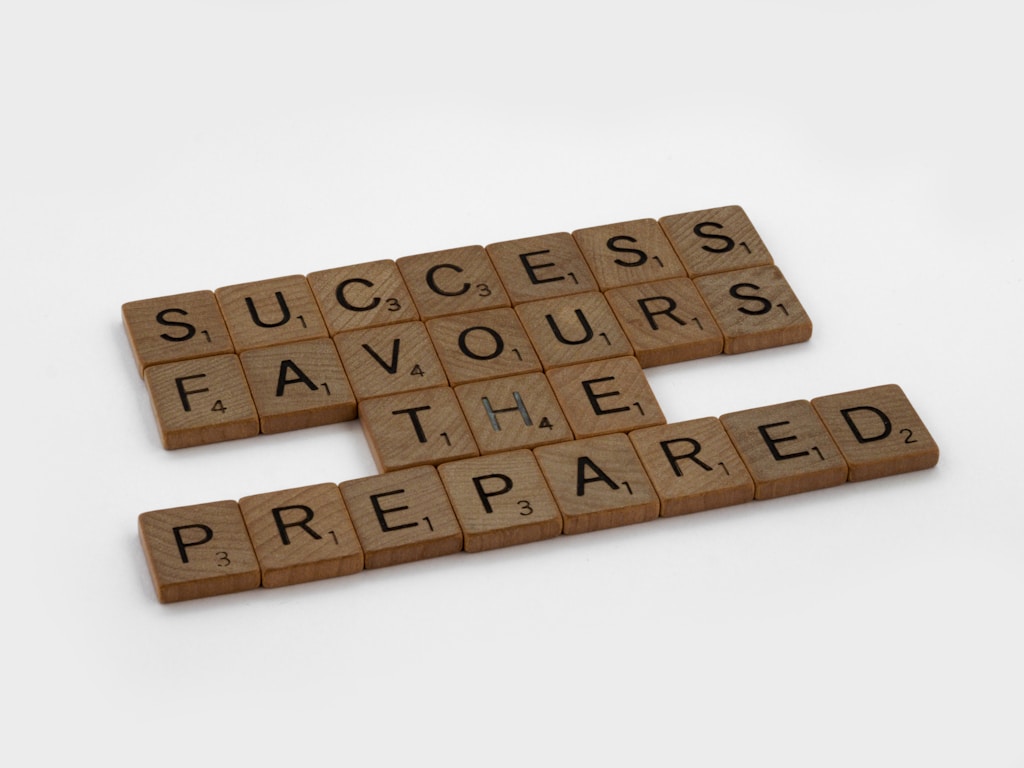Table of Contents

Older people have a harder time in emergencies than younger people on average. This is often due to physical limitations. As we age, our mobility often becomes restricted.
This makes it harder for seniors to quickly move or react during sudden situations. In the event that a quick evacuation is needed, this can pose significant risks.
Also, seniors may deal with sensory and cognitive changes that increase the difficulty of emergency scenarios. Reduced hearing or vision means they might not immediately notice alarms or warning signs.
Cognitive decline, which can present as memory issues or slower processing, can impede their ability to react to fast-evolving situations.

The challenges don't end with physical or cognitive concerns. Emotionally, seniors often process emergencies differently. The sudden onset of unexpected situations might produce increased anxiety or fear in them.
This makes them more susceptible to panic or confusion. The emotional response isn't merely a product of age but can be brought about by past experiences.
For instance, a senior who has previously experienced a traumatic event, such as a house fire or a natural disaster, might find their reactions influenced by those memories when facing a new emergency.
Their prior experiences can shape how they perceive and respond to current crises, sometimes in unpredictable ways.
You can understand the need to create and implement emergency plans for the elderly population. Generic emergency responses might not account for their specific needs or challenges.
By understanding these vulnerabilities and addressing them, caregivers and family members can better prepare their elderly loved ones, ensuring they remain safe and well-protected, regardless of the nature of the emergency.

If you bother to turn on the news (which I wouldn't recommend), any variety of emergencies show the particular vulnerability of the elderly population. For instance, in events like natural disasters or heat waves, seniors often face higher risks.
This may be due to mobility issues, health conditions, or lack of access to timely information. Yet, while these large-scale events are noteworthy, many emergencies are closer to home and happen more frequently.
Simple household issues, such as power outages, can become a severe concern for a senior who relies on medical equipment. Plumbing problems might seem minor, but for an elderly individual, a water leak can pose slip hazards.
As we have discussed numerous times like here and here, falls present the single greatest risk to our loved ones. I won’t rehash that here.
An unexpected health issue, like a stroke, can escalate into an emergency rapidly. In these moments, the speed and efficiency of the response can be life-altering.
Using these scenarios isn't merely about highlighting risks but emphasizing the value of preparedness. By understanding and planning for these situations, caregivers can ensure that their elderly loved ones navigate challenges with minimal stress and maximum safety
Being prepared for emergencies offers a multitude of benefits for the well being of our elderly loved ones. First is the assurance of physical safety.
Whether it's knowing the safest escape route during a fire or having essential supplies during a power outage, planning ahead reduces the potential for physical harm.
The emotional aspect is equally critical. A structured plan fosters a sense of security and stability. Seniors can find comfort in knowing that there's a strategy tailored to their needs, ready to be executed when the need arises.
The value of independence in the senior years cannot be overstated. Many seniors strive to maintain their autonomy, a testament to their lifetime of experiences and wisdom. Preparedness seamlessly aligns with this desire.

The knowledge that an elderly loved one is equipped to face emergencies alleviates concerns, giving them and you peace of mind.
Lastly, the proactive approach of being ready today can significantly affect tomorrow. By acting swiftly and effectively during an emergency, the senior minimizes potential complications, ensuring a quicker return to normalcy.
This proactive stance can reduce the lasting impact of an emergency, both physically and emotionally, safeguarding the senior's overall quality of life. In essence, the act of preparation is an investment, one that pays dividends in safety, comfort, independence, and long-term well-being.
That's all for today.
Take care, keep mom safe and have a great day!
Winn